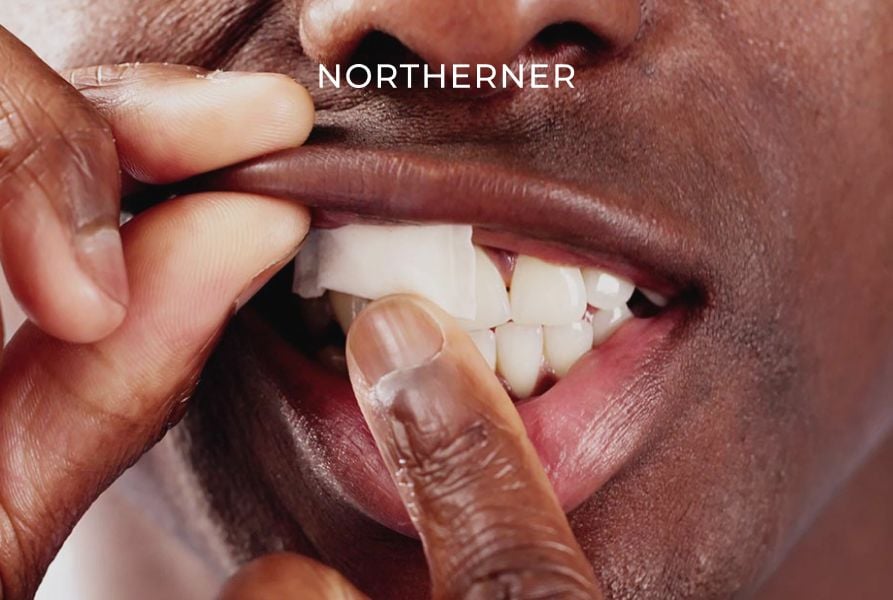Does Nicotine Cause Acne?
Nicotine and acne have a complicated relationship. It’s not just about the nicotine itself—how you consume it matters too. Whether it's smoking, vaping, or using tobacco leaf-free nicotine pouches, each method can affect your skin differently and potentially influence acne. Let’s break down how it all connects.
What Causes Acne (and the Types to Know)
Acne typically develops due to a mix of factors: excess sebum (oil) production, buildup of dead skin cells, poor hydration, and exposure to external contaminants like smoke or toxins. These elements can clog pores, trigger inflammation, and create the perfect conditions for breakouts.
Some common types of acne include:
-
Blackheads & Whiteheads: Caused by clogged pores filled with oil and dead skin cells.
-
Hormonal Acne: Often linked to puberty, pregnancy, or hormonal shifts.
-
Atypical Post-Adolescent Acne (APAA): A form of adult acne triggered by stress, environmental exposure, or lifestyle factors.
-
Fungal Acne: Caused by yeast buildup in hair follicles, often due to external contaminants.
Knowing the type of acne you’re dealing with can help guide the right treatment approach.
Nicotine's Direct Effects on the Skin
Nicotine affects the skin by disrupting its natural balance—potentially worsening acne in the process. From restricting blood flow to triggering excess oil and inflammation, its effects go beyond what you might expect.
-
Reduced Blood Flow: Nicotine can cause blood vessels to narrow, which means less oxygen and nutrients reach your skin. That slowdown can make it harder for your skin to heal and bounce back, possibly making acne worse.
-
Oil Overload: While research on how nicotine pouches affect the skin is still limited, research related to smoking suggests that nicotine may ramp up sebum production. More oil can lead to clogged pores—and more breakouts.
How Smoking, Vaping, and Nicotine Pouches Affect Acne
Not all nicotine products affect your skin the same way—each method of delivery brings its own potential impact:
Does Smoking Cigarettes Cause Acne?
Traditional cigarettes introduce thousands of toxins into the body. These can restrict blood flow to the skin, damage collagen and keratinocytes, and increase oxidative stress—factors that may contribute to a dull, wrinkled appearance and breakouts like APAA. While studies on smoking and acne are mixed, the potential for skin damage is well documented.
Does Vaping Cause Acne?
E-cigarettes contain nicotine along with chemicals like propylene glycol, which can dehydrate and irritate the skin. This could lead to increased oil production, clogged pores, and acne. While there is no direct evidence that vaping causes acne, it is important to note that because it contains nicotine which can dry out the skin, it may impact those who are already prone to acne.
Do Nicotine Pouches Cause Acne?
When it comes to nicotine pouches specifically, research is still limited. Nicotine pouches don’t contain tobacco and don’t burn, so they don't expose the user to smoke toxicants, which are known to be harmful to health and damaging for the skin. However, nicotine on its own can still influence your body in ways that may impact acne—like increasing oil production, triggering inflammation, or affecting hormone levels. While there’s not enough research to confirm a direct link, some users may notice changes depending on individual sensitivity.
Nicotine Withdrawal and Acne: How Quitting Can Affect Your Skin
Quitting nicotine can lead to withdrawal symptoms, including potential skin changes:
Temporary Flare-Ups: Some people notice breakouts shortly after quitting smoking or vaping. This may be the result of the body adjusting to the absence of nicotine, along with the stress that can come with withdrawal.
Long-Term Benefits: Over time, quitting nicotine can support healthier skin. As normal blood flow and oxygen levels return, your skin’s ability to heal improves, and inflammation may decrease—both of which can help reduce acne in the long run.
The connection between nicotine and acne isn’t entirely clear-cut, but one thing is certain—how you consume nicotine can impact your skin. From increased oil production to inflammation and slower healing, each delivery method brings its own set of potential skin concerns. While quitting or switching to alternatives like nicotine pouches may come with short-term skin changes, the long-term benefits for your complexion are worth it - as the research shows that smoking is no doubt detrimental to your skin. As always, check in with a dermatologist or healthcare provider for the best advice for your skin.









Login and Registration Form